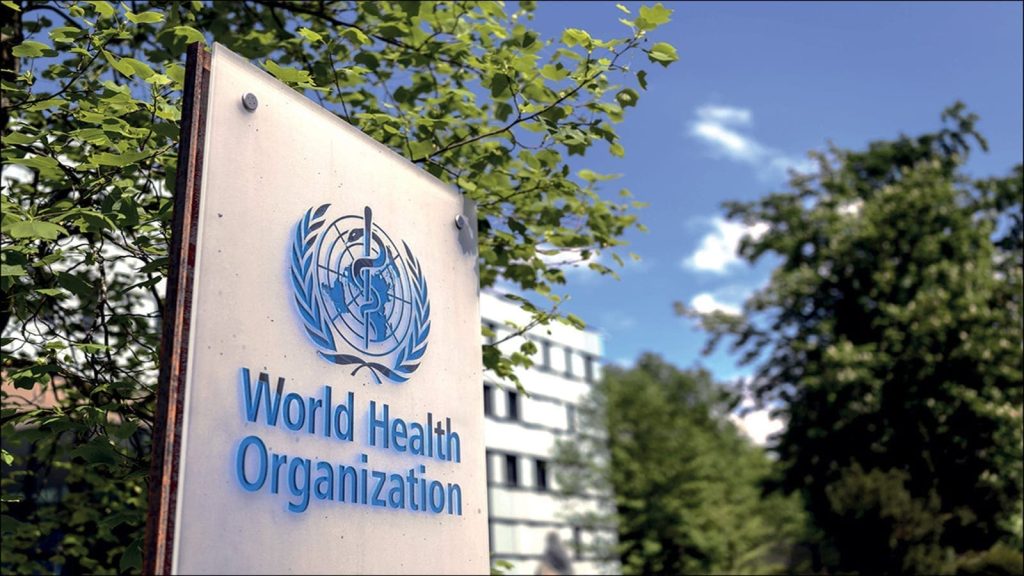Looking towards World Malaria Day, the World Health Organisation (WHO) Global Malaria Programme has unveiled a new operational strategy outlining its key priorities and activities for the next six years aimed at altering the trajectory of malaria trends and achieving global malaria targets.
The WHO has outlined four strategic objectives, including the development of norms and standards, the introduction of new tools and innovations, the promotion of strategic information for impact, and the provision of technical leadership in the global malaria response.
Recent records indicate that significant targets of the WHO Global Technical Strategy for Malaria 2016-2030, particularly in countries with high disease burden rates, have stagnated in recent years. In 2022 alone, an estimated 608,000 malaria-related deaths and 249 million new cases were reported globally, disproportionately affecting African children.

Preventive measures, detection, treatment, and overall disease control services have faced obstacles due to resource constraints, crises, biological hazards (such as drug and insecticide resistance), and the impacts of climate change.
Daniel Ngamije, Director of the Global Malaria Programme, emphasised the urgent need for a global shift in the malaria response to prevent deaths and achieve the goals of the WHO global malaria strategy. He stressed that this shift should prioritize accessibility, efficiency, sustainability, equity, and integration, addressing the underlying causes of the disease.


